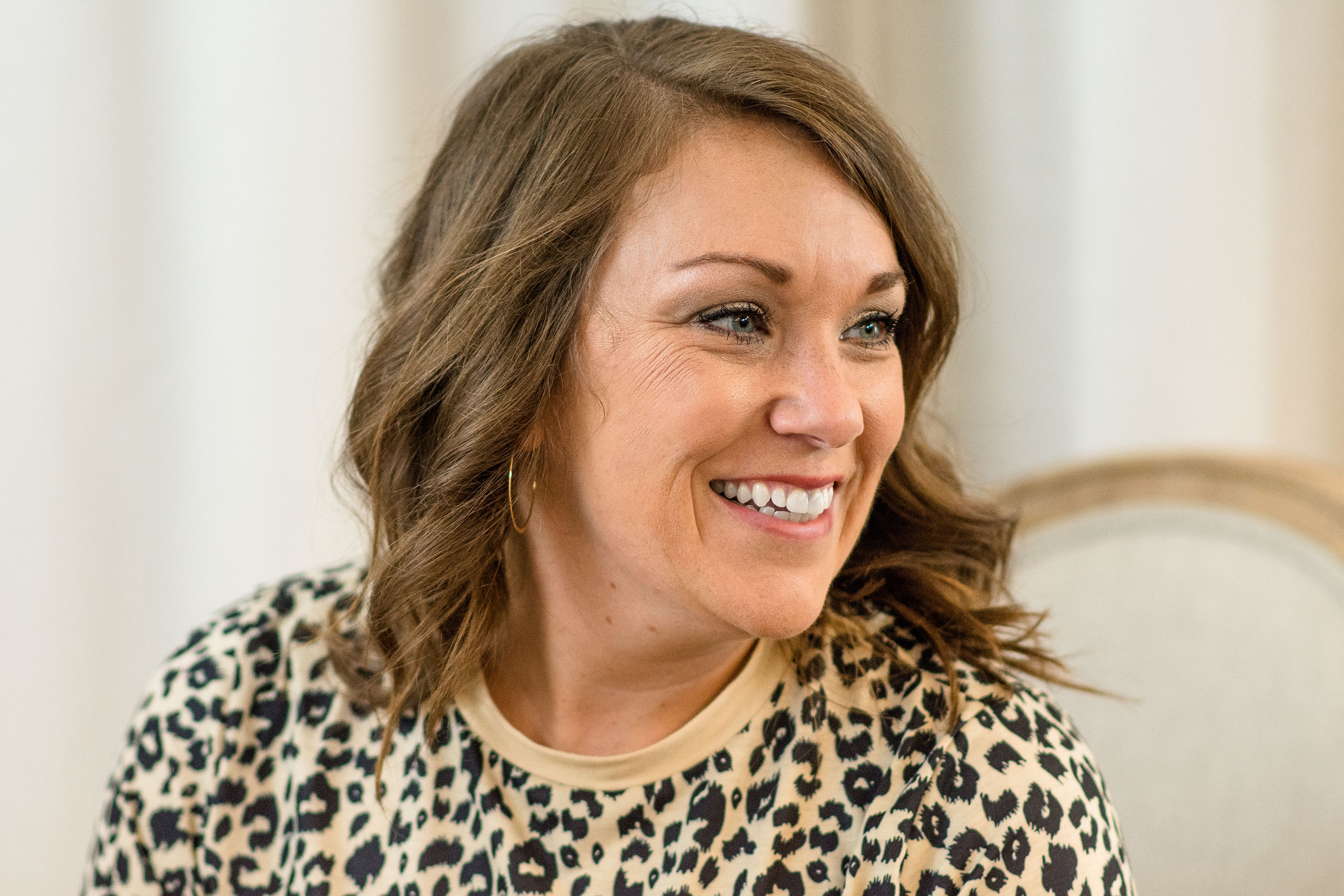Life is overwhelming. There is always something to be done, somewhere to go, someone that needs something. We are constantly putting pressure on ourselves and setting unrealistic, often unattainable, expectations. Yet, this gets us nowhere other than feeling burnt out and exhausted.
On top of the normal day-to-day stresses, add in a global pandemic. Whether we realize it or not, this has been a traumatic event that continues to impact us and our well-being. I see this daily in my work as a therapist and a coach. Many people do not even recognize the exhaustion they are experiencing. Somehow, we have kept going and moving toward what will be our next normal.
Many people had to continue to work full-time while caring for and homeschooling children while others found themselves without a job. The frontline workers had no other choice but to face the risks and continue fighting to save lives. We have all sacrificed in many different ways, putting our needs aside to take care of others, and doing everything possible to keep going.
So how do we recover from this trauma when the overwhelm has not stopped?
It’s time to take a step back and look at what you really need. We all want and deserve to feel better. It’s time to stop dredging through the days and start caring for ourselves. I’ve interacted with countless others that can no longer identify what brings them joy. Even my own therapist asked me how I find joy, and I struggled to find an answer. Over the last year, I’ve felt lost. Afraid that things will never feel “normal” again. We are all seeking a sense of control, a routine, and more than anything, joy.
I recently discovered the book “Your Time to Thrive: End Burnout, Increase Well-being, and Unlock your Full Potential with the New Science of Microsteps”. I’ve learned that microsteps are small rituals that lead to bigger change. When I’m feeling burnt out, it seems impossible to make any changes. I want to exercise more, but I’m already exhausted. I want to spend more time outside, but my days are already busy. Over the last year, there have been days I have struggled to get out of bed. I find myself mindlessly scrolling through social media, which causes me to have to rush to get ready, all leading to feeling stressed before 9am.
So I’ve worked hard to implement some small changes, or microsteps, in my day. When I wake up in the morning, I leave my phone on the charger and do not touch it until I am awake and at least partially ready for the day. As soon as I am up, I make the bed. This helps me to feel like I accomplished a task and sets a tone of success for the day. At night, I check my schedule for the next day and I make a list of three things I want or need to get done. I’m slowly developing a routine that allows me to set my intention for the day and focuses on the successes rather than challenges.
In my work, I often utilize the dimensions of wellness to guide my interventions. Wellness is multidimensional and not only includes mental and physical health, but also occupational, spiritual, intellectual and social components. Microsteps have allowed me to help women recognize burnout and set goals for improving well-being. Putting themselves on their “to-do list”, pausing and breathing in moments of stress, taking phone and social media breaks, and focusing on quality of sleep are just a few of the strategies we try. My clients often have no idea how hard they are working and exhausted they are feeling. We work collaboratively to improve overall mental and physical well-being. I truly believe that microsteps allow us to gain a sense of control, leading to decreased stress and improved quality of life.
As we move forward, I hope the new normal allows us all to experience less burnout and more joy, less struggle and more success, less isolation and more connection. Let’s unlock our full potential, together.
Originally published on strongertodaywellness.com


